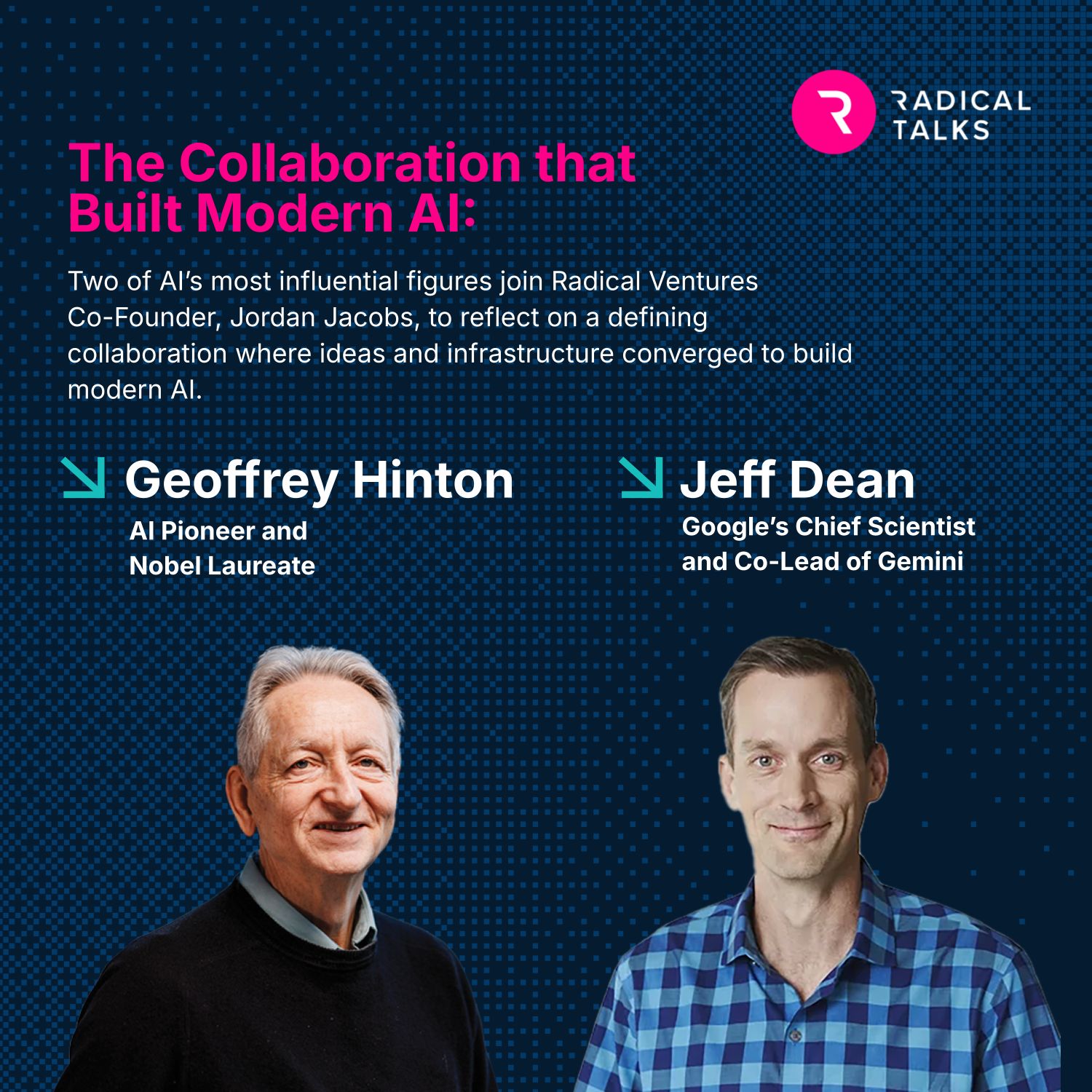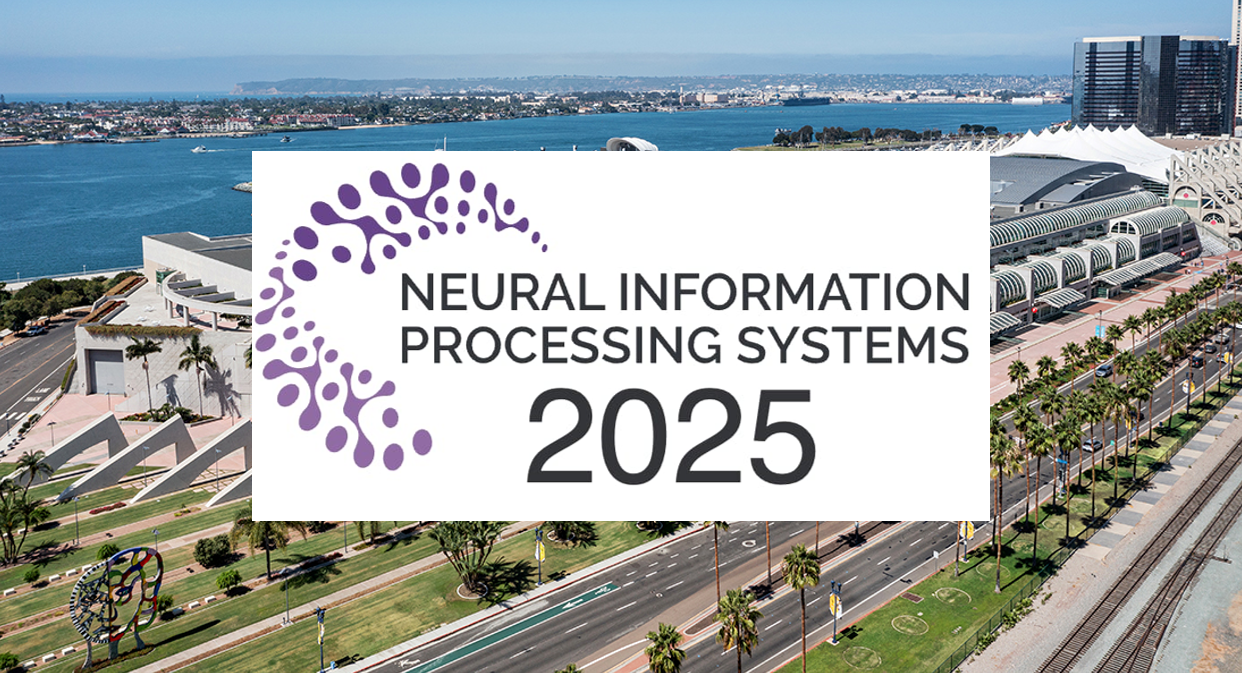In his latest Forbes column, Radical Ventures Partner Rob Toews explores the topic of reinforcement learning and how far it can take us on the path to superintelligent AI. Reinforcement learning is the hottest topic in AI today, and the field is moving at speed right now. This article provides a thought-provoking primer on RL’s history and future. Below is a brief excerpt from the article. See here for the full piece.
Reinforcement learning represents a compelling approach to building machine intelligence for one profound reason: it is not bound by human competence or imagination.
Training an AI model on vast troves of labelled data (supervised learning) will make the model exceptional at understanding those labels, but its knowledge will be limited to the annotated data that humans have prepared. Training an AI model on the entire internet (self-supervised learning) will make the model exceptional at understanding the totality of humanity’s existing knowledge, but it is not clear that this will enable it to generate novel insights that go beyond what humans have already put forth.
Reinforcement learning faces no such ceiling. It does not take its cues from existing human data. An RL agent learns for itself, from first principles, through first-hand experience.
AlphaGo’s “Move 37” serves as the archetypal example here. In one of its matches against human world champion Lee Sedol, AlphaGo played a move that violated years of accumulated human wisdom about Go strategy. Most observers assumed it was a miscue. Instead, Move 37 proved to be a brilliant play that gave AlphaGo a decisive advantage over Sedol. The move taught humanity something new about the game of Go. It has forever changed the way that human experts play the game.
The ultimate promise of artificial intelligence is not simply to replicate human intelligence. Rather, it is to unlock new forms of intelligence that are radically different from our own — forms of intelligence that can come up with ideas that we never would have come up with, make discoveries that we never would have made, help us see the world in previously unimaginable ways.
We have yet to see a “Move 37 moment” in the world of generative AI. It may be a matter of weeks or months—or it may never happen. Watch this space.
Read Rob’s full article in Forbes. Rob writes a regular column for Forbes about the big picture of artificial intelligence.
Join the 5th Radical AI Founders Masterclass and Compute Program
Are you an AI researcher or technical entrepreneur ready to build a breakthrough AI company? Our exclusive 4-week Radical AI Founders Masterclass connects you with the insights, network, and resources needed to build successful AI companies. Learn directly from successful AI entrepreneurs and industry leaders who have helped turn cutting-edge research into billion-dollar companies, and connect with a global community of ambitious AI founders from top institutions like Stanford, MIT, Oxford, Mila and the Vector Institute. Select participants also have the opportunity to receive $250,000 in Google Cloud credits and dedicated GPU clusters.
Spots are limited — apply here for the Radical AI Founders Masterclass and here for the Radical Compute Cluster.
AI News This Week
-
AI Start-up Cohere Raises $500mn as it Challenges OpenAI for Business Clients (FT)
Radical Ventures portfolio company Cohere raised $500 million in funding, in a round co-led by Radical Ventures and Inovia Capital with participation from Nvidia, AMD, PSP, HOOPP, Salesforce Ventures and others. The funding news was accompanied by an announcement that the company had also appointed Joelle Pineau (formerly Meta’s VP of AI Research) as Chief AI Officer and Francois Chadwick (ex-Uber finance leader and Shield AI CFO) as CFO. Cohere focuses on enterprise and government customers, offering security-first agentic AI solutions with local data control, regulatory compliance, and digital sovereignty. From January 1 to May, Cohere more than doubled their annual recurring revenue to over $100 million, with customers including Oracle, Dell, SAP, RBC, Fujitsu, LG and Bell Canada. As Radical Ventures Co-founder and Managing Partner Jordan Jacobs puts it: “We have been proud investors and partners with Cohere and its founders since day one, with a vision to deliver leading AI for business. We are co-leading this investment round because this is just the beginning for Cohere.”
-
‘It’s Missing Something’: AGI, Superintelligence and a Race for the Future (The Guardian)
The debate over when AI systems will achieve artificial general intelligence is intensifying. This new round of discussion was prompted by the launch of OpenAI’s new GPT-5 model, despite the fact that it still lacks crucial capabilities such as continuous learning. Radical Ventures Partner Aaron Rosenberg believes a narrower form of AGI, defined as “80th percentile human-level performance in 80% of economically relevant digital tasks,” could be within reach by the decade’s close. As Rosenberg notes, perceptions have shifted dramatically, with AGI discussions moving from “blasphemous” to “increasingly consensus.”
-
21 Ways People Are Using A.I. at Work (NYT)
Nearly one in five U.S. workers now use AI semi-regularly, moving beyond experimentation into daily workflows. Applications span from restaurant owners using ChatGPT to select wines and doctors leveraging AI to transcribe patient visits, to teachers creating lesson plans while detecting AI-generated student work. The common thread is AI’s ability to handle administrative tasks, accelerate research, and enhance human expertise across diverse professional contexts rather than replacing it entirely.
-
How AI Could Create the First One-Person Unicorn (The Economist)
Silicon Valley is betting on “solopreneurs,” single founders using AI to build businesses without staff. Semi-autonomous AI agents now allow firms to perform equivalent work with fewer employees, democratizing entrepreneurship by eliminating traditional barriers like coding or design skills. Research from Harvard Business School shows AI significantly boosts individual performance, with solo workers using AI matching the output of traditional teams.
-
Research: High-level Visual Representations in the Human Brain are Aligned with Large Language Models (Freie Universität Berlin/University of Osnabrück/Bernstein Center for Computational Neuroscience/University of Minnesota/University of Montreal)
Researchers discovered that large language models and human brains develop similar representations of visual scenes. Scientists found that LLM embeddings of scene captions successfully predicted brain responses across higher-level visual areas. The study revealed that when brains find two images similar, LLMs also find their captions similar, and vice versa. The findings indicate that LLMs develop rich internal representations of reality rather than merely mimicking language patterns, opening new avenues for understanding visual processing in both artificial and biological systems.
Radical Reads is edited by Ebin Tomy (Analyst, Radical Ventures)





